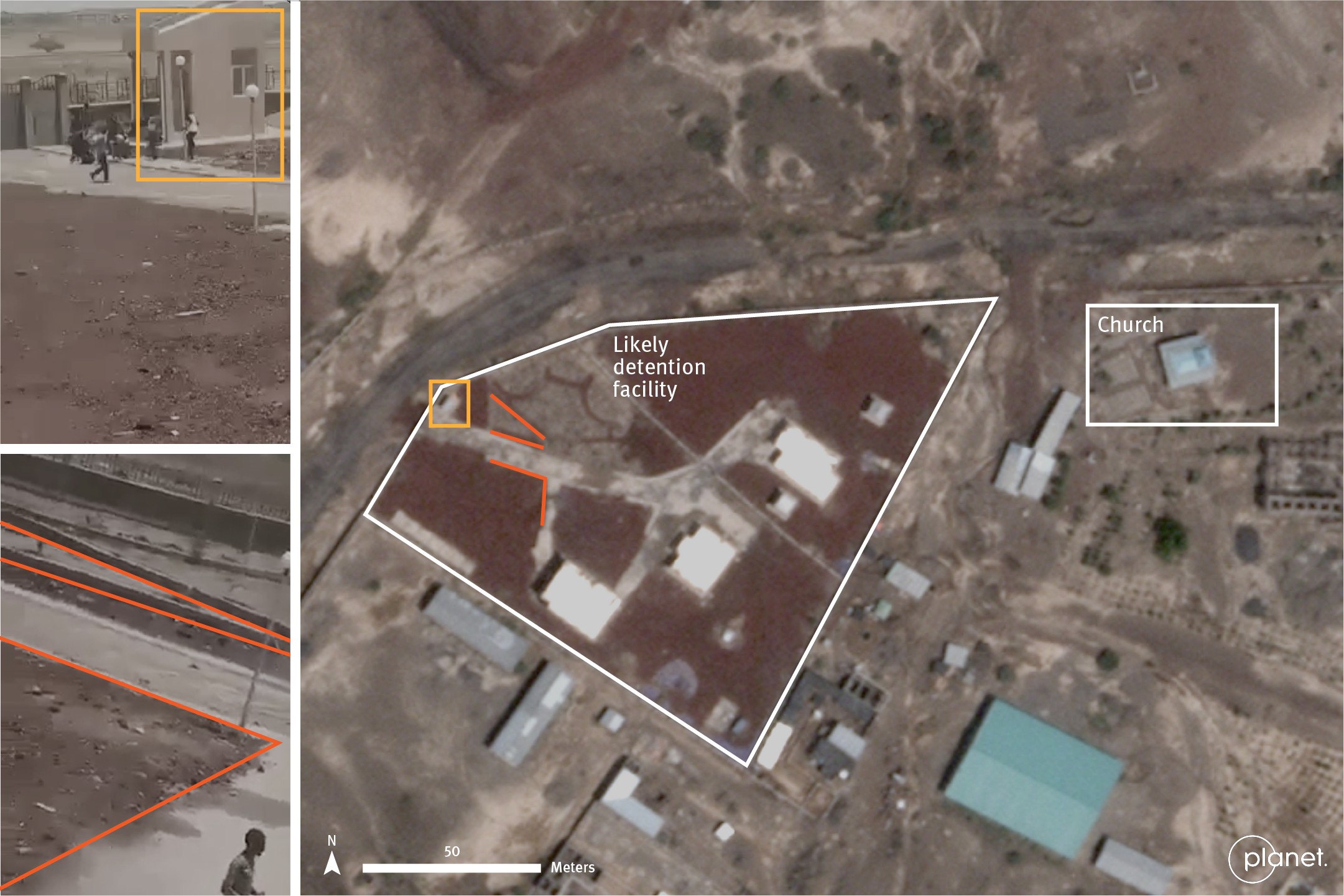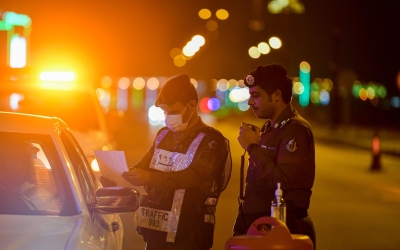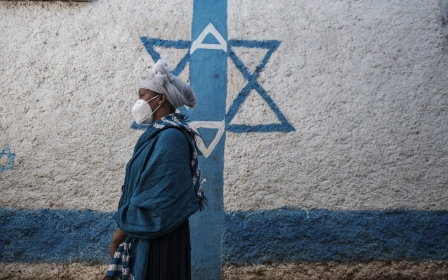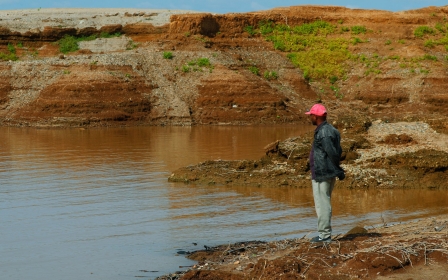Tigrayans deported from Saudi Arabia detained and mistreated by Ethiopia
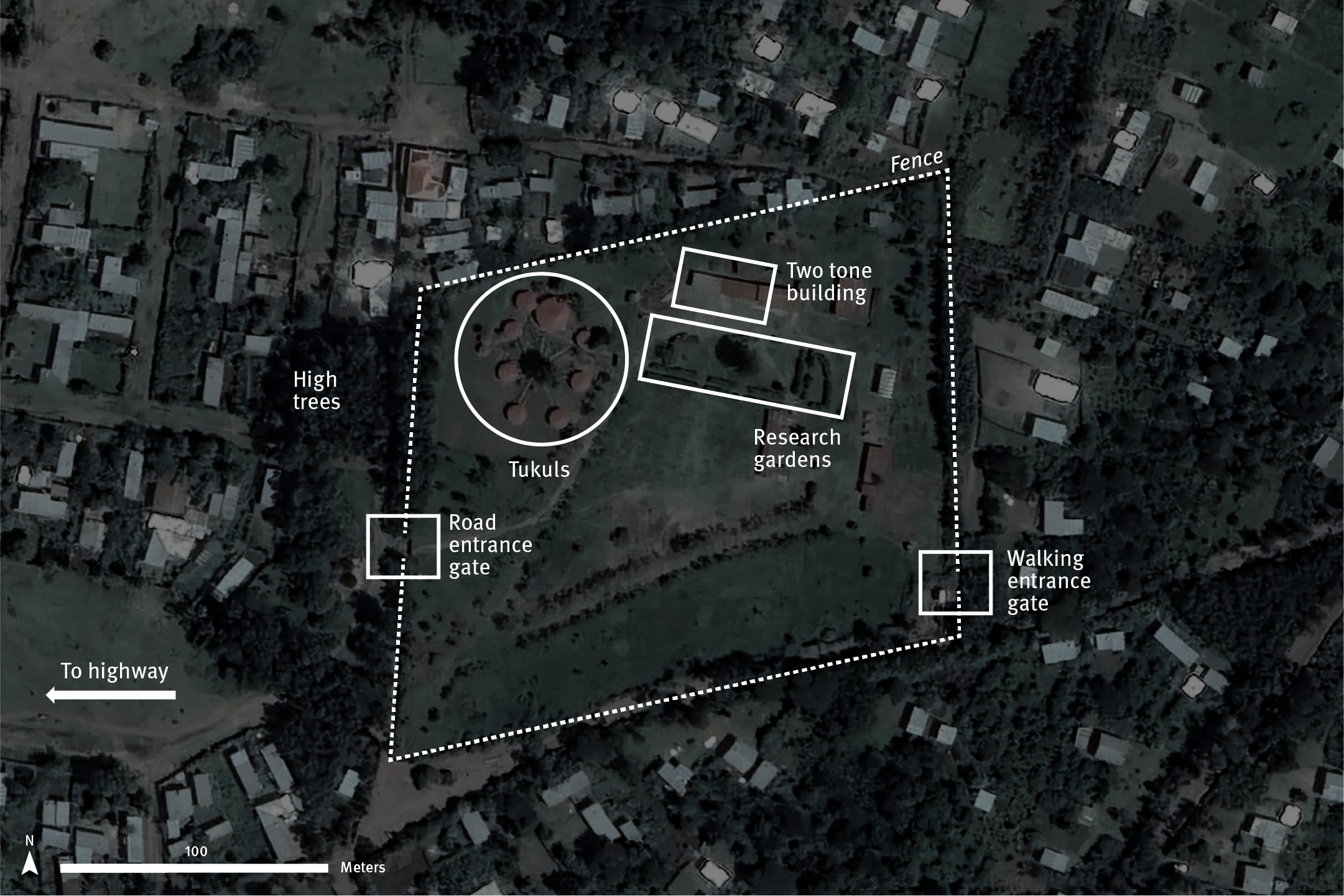
Thousands of Ethiopians who were repatriated from prisons in Saudi Arabia under a joint Ethiopian-Saudi initiative are being arbitrarily detained and mistreated by Ethiopian authorities, according to Human Rights Watch.
Returnees originally from Ethiopia’s northern Tigray region are being ethnically profiled and sent to internment camps across the country, where abuse, forced labour and deaths have been reported. Most of the migrants had spent up to a year in appalling conditions at prison sites in Saudi Arabia prior to being repatriated.
'After suffering sometimes years of awful abuse, Tigrayans are now being persecuted by their own government, denied freedom of movement and any contact with their loved ones'
- Nadia Hardman, HRW
“It’s just horrifying,” Nadia Hardman of HRW told Middle East Eye. “Tigrayan deportees are being disappeared and detained back home. After suffering sometimes years of awful abuse, they are now being persecuted by their own government, denied freedom of movement and any contact with their loved ones.”
HRW’s report, published on Wednesday, identified detention sites in Addis Ababa, as well as in Ethiopia’s Oromia, Southern (SNNPR) and Afar regions. Migrants told HRW that some have been arrested while attempting to travel to their hometowns in Tigray.
One such migrant, who managed to fly out to the city of Semera, capital of Ethiopia’s Afar region which borders Tigray, described being taken to a prison site near Semera’s airport where hundreds of other Tigrayan returnees from Saudi Arabia are being held.
New MEE newsletter: Jerusalem Dispatch
Sign up to get the latest insights and analysis on Israel-Palestine, alongside Turkey Unpacked and other MEE newsletters
“There are beatings, it is even worse than Saudi Arabia,” the detainee, only identified as Daniel, told HRW. “The police beat us, abuse us, and insult us. I was beaten. They beat us with rubber sticks that they carry with them. Sometimes they beat us with wooden sticks. Every day, it is normal.”
Others explained that returnees are being picked up by police straight from migrant reception centres in Addis Ababa.
Two people deported from Saudi Arabia said they were among 150 young men forcibly relocated to the western Ethiopian city of Jimma on 21 November, and made to labour with little food and no pay on coffee farms under the close surveillance of a local militia.
Migrants identified the compound of an agricultural college in the town of Shone in southwestern Ethiopia, some 264km from Addis Ababa, as a place that has been converted into a deportee detention camp.
Ethiopia has been embroiled in a civil war between its federal government and rebel fighters from the Tigrayan People’s Liberation Front (TPLF) since November 2020. The war has led to tens of thousands of deaths and the displacement of millions.
Over the past year, rampant ethnic profiling of Tigrayan civilians in Addis Ababa and elsewhere around the country has led to increased harassment and the incarceration of thousands of civilians to makeshift detention centres.
Crackdown in Saudi Arabia
Security officials in Saudi Arabia, home to an Ethiopian community of up to 200,000, launched a massive crackdown in early 2020 on undocumented people, rounding up tens of thousands of Ethiopians, ostensibly to contain the country’s outbreak of Covid-19.
An investigation published in August 2020 by The Telegraph revealed horrendous conditions at overcrowded Saudi migrant detention centres. Beatings and starvation were revealed to be commonplace at the Jazan and al-Shumaisi centres, which were often flooded with sewage.
After an uproar, which included an EU Parliament resolution condemning Saudi mistreatment of migrants, Ethiopian and Saudi authorities reached an agreement to begin repatriating them.
Months after the agreement, Middle East Eye revealed that another migrant crackdown in June 2021 led to thousands of additional arrests, including of Ethiopians with valid residency permits. The crackdown was followed by scaled-up deportations of over 30,000 Ethiopians between 26 June and 9 July alone.
While deportees from other Ethiopian ethnic groups can expect to return home and be reunited with family, the suffering hasn’t ended for thousands of ethnic Tigrayans, caught up in the civil war and made victims of the worsening ethnic tensions in the country.
The current whereabouts of one Tigrayan migrant, who resided in Jeddah and shared his eyewitness testimony of Saudi police abuses during the latter crackdown with Middle East Eye, cannot be established after he disappeared shortly upon arrival in Ethiopia late last year.
“There are Tigrayans in Saudi Arabia who now fear deportation more than they do imprisonment in Saudi Arabia,” Gebremeskel, an ethnic Tigrayan resident in Riyadh, told MEE over the phone.
“Many of our friends who were returned stop answering their phones after a few weeks in Ethiopia. We have no idea where they are, and we fear the worst.”
HRW has called for a moratorium on deportations of Tigrayans due to the heightened risk of persecution at home.
A press officer for Ethiopia’s ambassador to the UK, Teferi Melesse Desta, didn’t immediately respond to queries by MEE.
Middle East Eye delivers independent and unrivalled coverage and analysis of the Middle East, North Africa and beyond. To learn more about republishing this content and the associated fees, please fill out this form. More about MEE can be found here.


